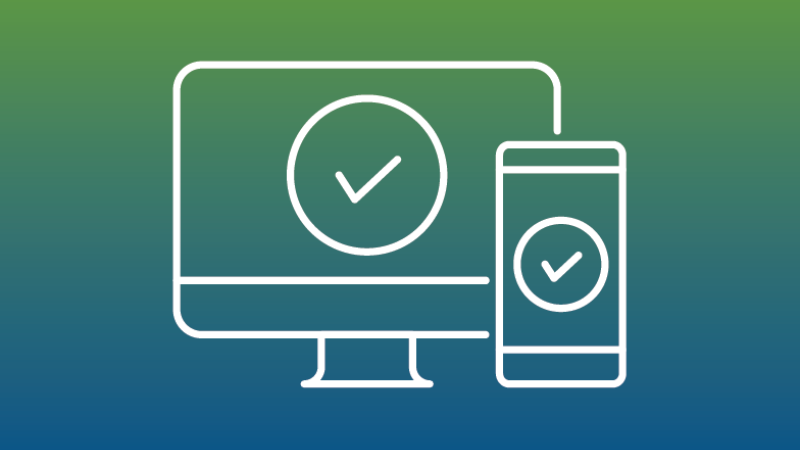Most businesses and organizations have an online presence in the form of a website. While having a website you to reach a broader audience online, it also comes with risks if the proper security measures are not in place. One but often overlooked aspect of online security is website verification. Website verification is the process of confirming the identity of a website. These are various verification services that check domain ownership records, corporate registrations, and sources to the site. Some of the common verification services are:
- Domain validation – Checks that the website domain is registered to the business.
- Organization validation – Confirms the business is registered and legitimate.
- Extended Validation (EV) – Rigorous process that verifies the legal, physical, and operational existence of the business. EV-certified sites show a green padlock.
Website verification important:
- Avoid phishing scams
Phishing is a cyber threat where 먹튀사이트 impersonate real ones to steal user data and credentials. Website verification phishing is harder as it ensures sites are claimed to be. Unverified sites are more likely to be untrustworthy.
- Build user trust
People are wary of sensitive information on unverified sites. Verification badges like EV SSL, Norton, and McAfee SECURE indicate the site is legitimate and secure.
- Adhere to industry compliance
Some industries like finance and healthcare have verification compliance standards to protect user data. For example, PCI DSS requires SSL certificates on e-commerce sites. Verification helps meet compliance requirements.
- Rank better in search engines
Search engines like Google favour websites that are verified secure and legitimate. Adding verification of SEO and domain authority leads to higher rankings.
- Prevent domain suspension
Registrars can suspend domains that are reported fraudulent or involved in illegal activities. Verification of domain validity and prevents suspension.
Implement website verification
Here are some tips to implement verification for your website:
- Purchase an SSL certificate and activate HTTPS on your site. Opt for an Extended Validation certificate for maximum verification.
- Check your domain registration details are updated and accurate. Renew domains well in time to avoid expiration.
- Ensure your site and business is registered with correct details on Google, Facebook, Yelp and other directories.
- Display trust badges like Norton, McAfee SECURE, BBB etc. after verification.
- Sign up for trust seals like Trusted Site to display verified status.
- Check for any registered trademarks on your domain name or business name to avoid conflicts.
- Acquire organization authentication certificates to validate legal business status.
Right certification matters
Choosing the right SSL and verification solution for your site is crucial for building trust.
- Sectigo – One of the oldest SSL providers with strong validation processes. Their SSL certificates are trusted by leading browsers and devices.
- DigiCert – A top certificate authority, DigiCert provides high-assurance EV and organization-validated (OV) certificates. OV shows the company name while EV shows full business details.
- GlobalSign – Affordable SSL certificates ideal for blogs and small business sites. Features one-click OnlineID validation.
- SSL.com – Enterprise-grade certificates with strong 2048-bit encryption and 99.9% browser recognition ideal for e-commerce and organizations.
As an online business, investing in proper website verification is and user trust. Performing regular checks to ensure your domain, organization, and legitimacy details are updated and validated will go a long way in establishing credibility.


